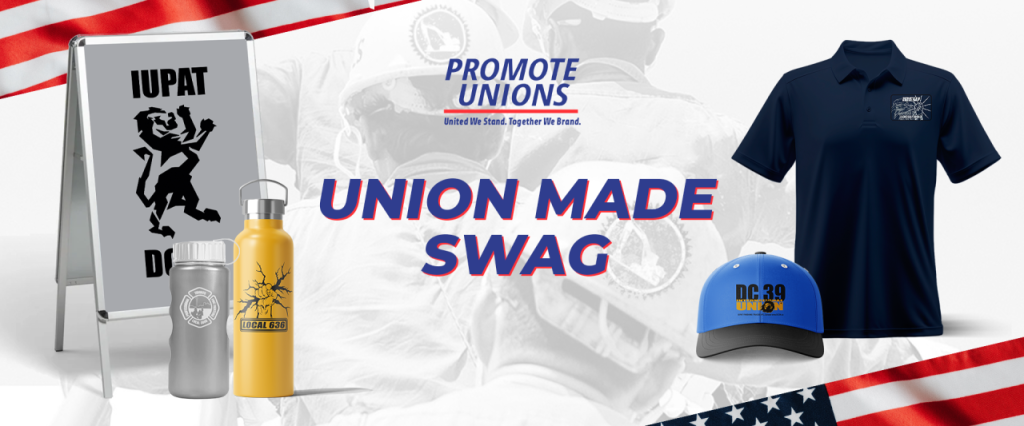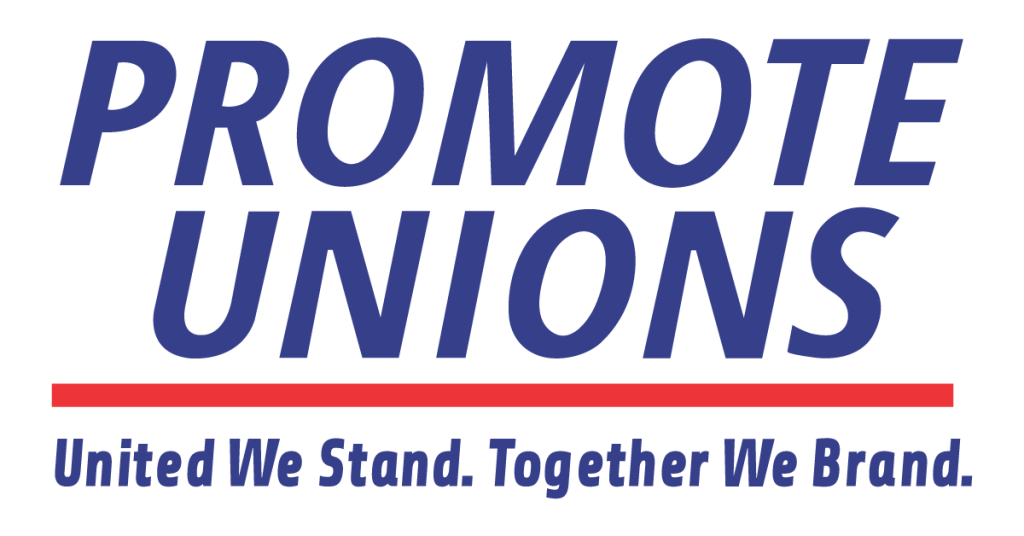Canadian unions have been instrumental in shaping the nation’s labor landscape. They work tirelessly to ensure fair wages, safe working conditions, and better rights for workers. If you’re thinking about joining a union, curious about how they operate, or interested in learning more about their benefits, this guide covers everything you need to know.
What Are Unions?

Unions are organizations that workers form to protect their rights and interests. They negotiate with employers to secure fair wages, benefits, job security, and safe working conditions. In Canada, unions operate under federal and provincial labor laws, which ensure that they run democratically and stay accountable to their members.
The Importance of Canadian Unions

Canadian unions have fought for rights that we now take for granted, like minimum wage, overtime pay, maternity leave, and protection from workplace discrimination. Here’s why unions still matter:
- Higher Wages: Unionized workers in Canada earn $5.14 more per hour on average than their non-union counterparts. Women in unions see even higher gains, earning $6.88 more per hour, while workers under 25 earn 26% more in unionized jobs.
- Job Security: Union members enjoy greater protection from unfair treatment and arbitrary firings. With a union contract in place, employers are held accountable, ensuring they follow fair practices.
- Work-Life Balance: Unionized jobs often provide predictable schedules, paid overtime, and better benefits, enabling workers to balance their personal and professional lives more effectively.
- Safe Working Conditions: Unions ensure that employers comply with health and safety regulations. This leads to fewer workplace accidents and better overall working conditions.
- Support for Communities: Higher wages and better benefits translate into more spending power, helping workers invest in their local economies, which boosts overall community growth.
How to Join a Union in Canada
Most workers in Canada have the legal right to join a union, protected by the Canadian Charter of Rights and Freedoms. To join, workers usually start by signing union cards to show support. Here’s how the process works:
- Automatic Certification: In some provinces, once a certain percentage of workers (usually 40–100%) sign union cards, the workplace becomes unionized without requiring a vote.
- Representation Vote: In other provinces, a secret ballot vote is required. If the majority of workers vote in favor, the union becomes the official bargaining agent for the workplace.
What Do Union Dues Pay For?
Union dues fund essential services and operations, such as:
- Collective Bargaining: Dues cover the cost of negotiations with employers to secure better wages, benefits, and working conditions.
- Legal Support: Unions provide legal representation in cases of workplace disputes, grievances, or contract violations.
- Education and Training: Unions offer professional development workshops, workplace safety training, and education on workers’ rights.
- Health and Safety Programs: Union dues also fund initiatives to ensure safer work environments.
Benefits of Union Membership
Unions provide numerous benefits, including:
- Higher Wages: Union workers earn more than their non-union peers. Negotiations ensure that pay raises are applied fairly to the entire workforce.
- Job Security: Union members have protection from unjust dismissals. Unlike in non-union workplaces, union members have a grievance process to contest unfair treatment.
- Better Benefits: Unions negotiate comprehensive benefits packages that often include healthcare, dental, vision, and pension plans, which are superior to non-union workplaces.
- Workplace Safety: Unions enforce health and safety regulations, ensuring that workers are protected and trained to prevent accidents.
- Pension Plans: Unionized workers typically enjoy better retirement plans, securing their financial future.
- Work-Life Balance: Union contracts guarantee paid vacation days, sick leave, and family leave, giving workers the time they need without financial loss.
Common Questions About Unions
- Can Anyone Join a Union? Most workers, except those in managerial roles, are eligible to join a union. Check with a union representative to confirm eligibility.
- How Much Do Union Workers Make? On average, unionized workers earn $5.14 more per hour than non-unionized workers.
- Why Don’t Employers Want Unions? Employers often resist unions because they shift power to the workers, giving them more control over wages and working conditions.
- Can Office Workers Join a Union? Yes, many office and professional workers are unionized, especially in healthcare, education, and the public sector.
Supporting Canadian-Made and Union-Made Products
Choosing Canadian-made and union-made products supports ethical labor practices and strengthens the local economy. Here’s why:
- Economic Impact: Purchasing Canadian and union-made products sustains local jobs and keeps money within the economy, fueling growth.
- Ethical Production: Union-made products guarantee that workers receive fair wages and safe working conditions.
- High-Quality Craftsmanship: Canadian-made products are known for their quality and durability due to strict regulations.
Top Canadian-Made and Union-Made Products for Labour Day
To celebrate Labour Day, consider purchasing these products:
- Apparel: Support Canadian workers by buying high-quality, union-made T-shirts, hoodies, and jackets.
- Food and Beverages: Choose locally sourced foods and beverages from Canadian producers. Supporting local farmers strengthens the economy.
- Outdoor Gear: If you’re spending time outdoors, invest in Canadian-made tents, sleeping bags, and hiking boots, all designed to withstand the country’s diverse landscapes.
How Unions Operate
After certification, unions work with employers to negotiate a collective agreement that covers wages, benefits, hours, and job security. Union members elect representatives to present proposals to the employer, and both parties negotiate until they reach an agreement. The union members then vote on whether to accept the contract. Strikes are rare, with over 95% of union contracts settled without them.
Conclusion: Why You Should Join a Union
Unions have secured better wages, safer working conditions, and stronger job security for millions of workers across Canada. By joining a union, you gain a voice in the workplace, access to better pay and benefits, and protection from unfair treatment.
Supporting union-made and Canadian-made products is an ethical choice that boosts the local economy and upholds workers’ rights. Whether you’re shopping for clothing, tools, or promotional items, choosing union-made products reflects your commitment to fair labor practices.
For more information on Canadian unions or union-made products, visit Promote Unions or UFCW Canada.
